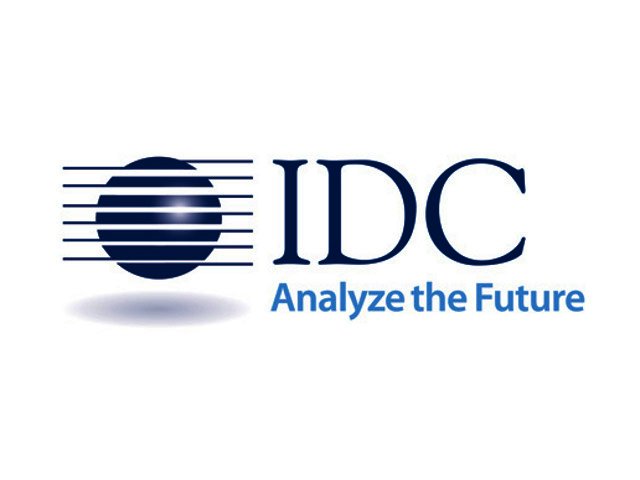The number of connected devices is continuing to increase and it is estimated that the worldwide market will reach $1.7 trillion by 2020, with the South African market reaching around $2 billion. According to International Data Corporation, the opportunity for the Internet of Things (IoT) in Africa is enormous, limited only about our imagination and how quickly the policy framework can catch up to regulate the industry. According to recent IDC research 33% of enterprises surveyed are planning significant investment in IoT in the next three years.
George Kalebaila, senior research manager at IDC Sub-Saharan Africa, believes that they only way to capitalise on the 1 billion IoT-related opportunities in Africa is through collaboration. “No one industry player can provide an end to end solution alone, partnerships in IoT are vital in providing the full benefit of this ecosystem.” The opportunities are endless and the prospect for IoT to enable smart industry, smart health, smart living, smart energy, smart transport, smart buildings, smart cities, and a smart planet are just waiting to be seized.
IoT is highly dependent on the understanding and interpretation of data for actionable insights. Without data and analytics, IoT would not deliver any business value. Kalebaila further explains, “IoT is not a technology but an ecosystem consisting of software vendors, IT services providers, system integrators, cloud providers, and network providers. These industry players have the opportunity to optimise on the value of IoT by partnering to provide end-to-end solutions.” When IoT-based products and solutions become connected their value increases significantly, coming alive with various use cases.
IoT is no longer just a buzz word and already the manufacturing industry is leading the charge in adopting this new way of operating. This is followed closely by transport, government, retail and utilities. IoT investment in these industries is being driven by lower operational cost, customer acquisition and retention, business process efficiency, product and service improvement and innovation to meet their overall business needs.
If Africa is to capitalise on the 1 billion IoT opportunities, the continent will have to overcome some challenges. There is a lack of consolidated standards, information technology (IT) and operational technology (OT) have not yet converged, there are still concerns regarding security and privacy of the data collected as well as maturity of the regulatory framework. Other challenges affecting IoT include IT budgets and priorities, the dependence on stakeholders and the shift in mindset which is required to drive digital transformation.
“It is crucial for organisations to understand who the final customer of their IoT implementation is,” adds Kalebaila. “The CIO has to be the leading IoT decision-maker to ensure that there is a holistic view of business needs and you don’t have disparate approaches driven by different lines of business. You must also ask the right questions and understand what the impact is going to be on your business model. Finally, you must understand where the IoT content will be created and then processed,” he says.
“IoT is an ecosystem to which partnerships will be crucial and that it will be a key driver for digital transformation across industries. Life will never be the same again and the use, and ultimately success, will depend on the use cases and applications that will be deployed,” Kalebaila concludes.





